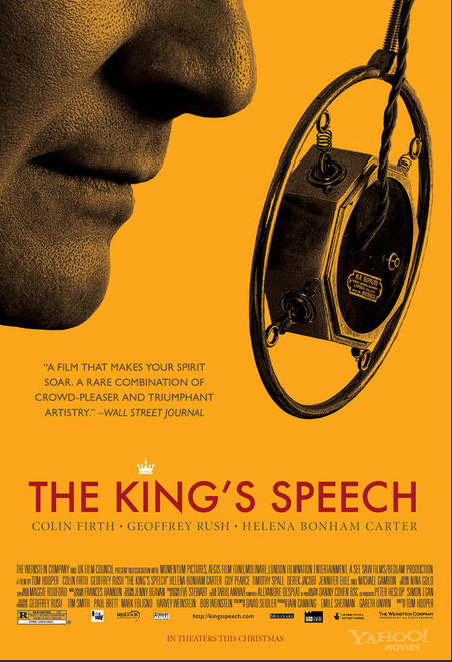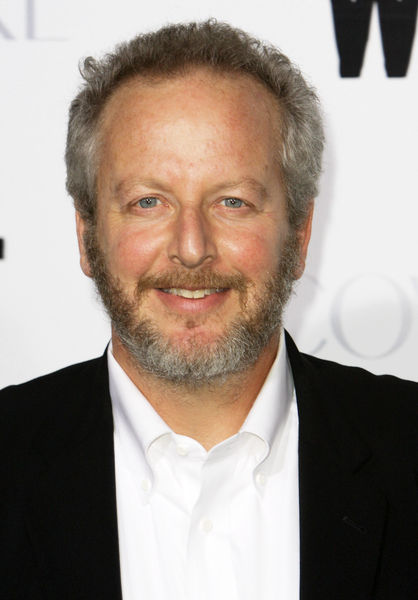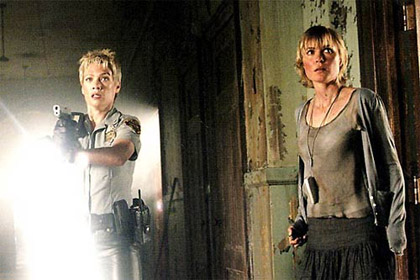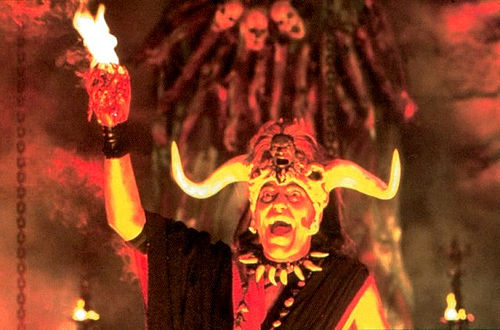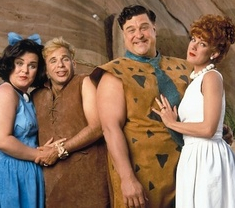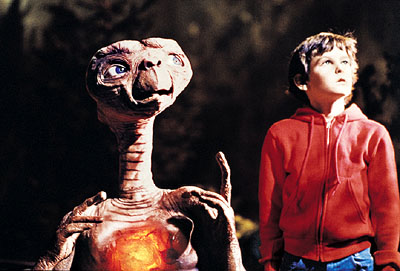No matter the standard of his performance, nor the recognition he receives for his roles, Colin Firth continues to struggle to shed the monkey from his back. Said ape comes in the form of the charming Mr Fitzwilliam Darcy. For many, Firth is the definition of the stoic Pride and Prejudice swoon-merchant. The Englishman's role as Helen Fielding's modern caricature in the Bridget Jones films has only cemented this association.
Firth is an odds-on Oscar favourite for his portrayal of King George VI, however his remarkable performance is not a solitary one in Tom Hooper's film. Bolstered by a stellar British line-up that includes Geoffrey Rush, Sir Derek Jacobi, Guy Pearce, Michael Gambon and Timothy Spall, it centres on Firth's character but certainly doesn't lack quality in its supporting cast. Contrary to IMDb's character page, Helena Bonham-Carter plays Elizabeth Bowes-Lyon (a.k.a. the Queen Mother) and not Princess Elizabeth (a.k.a. the current monarch), who is played by young Freya Wilson.
Historically this film is set between the years 1925 and 1939, from the opening attempted speech at Wembley Stadium to his first wartime speech as King George VI in September 1939. Along this timeline, King George V (Gambon) passes away, King Edward VIII (Pearce) abdicates to marry an American and the downtrodden Prince wrestles with his severe speech impediment while his life undergoes a period of significant change.
Firth's performance is well-advertised, and it must be said that even the highest expectations are well and truly met. As Firth's Prince Albert valiantly struggles to form his sentences, the viewer is both immensely endeared to the character and consumed by the tension, silently willing the next words to come from his month. Every silence is painful, as the prince displays immense personal bravery in a family that has little sympathy for his perceived 'weakness'. There is an intimacy to Hooper's camerawork that succeeds in further amplifying this effect.
Encouraged by the patient optimism of his wife (Bonham-Carter), the prince's efforts to cure his stutter lead to an atypically informal relationship with speech therapist Lionel Logue. Geoffrey Rush is supremely charismatic as the man hired by royal appointment who demands to forego royal protocol during their sessions. The interplay between Rush and Firth is integral to the humour, as the common Australian (do not expect a thick Aussie accent) dares familiarity with the relatively stiff royal.
Audiences are perhaps easily drawn into stories of struggle against adversity and eventual triumph of the will. The King's Speech has these two aspects in abundance, yet something else seems to set it apart. Firth's remarkable performance, rich in depth and subtlety, is a more than legitimate reason to fall in love with Hooper's film; however, its universal appeal lies in the connection between a King and his people. A reluctant monarch, who is shown to both rely on the help of his people and inspire them in a time of desperation, proves to be a very worthy hero.
Verdict: 9/10
